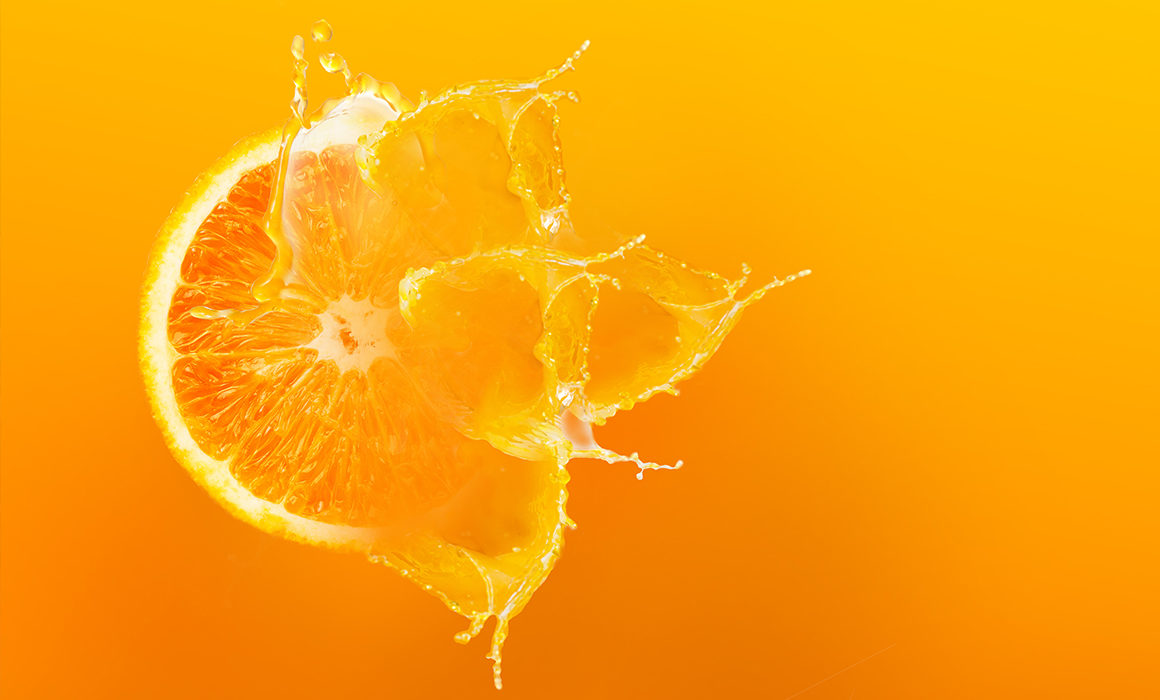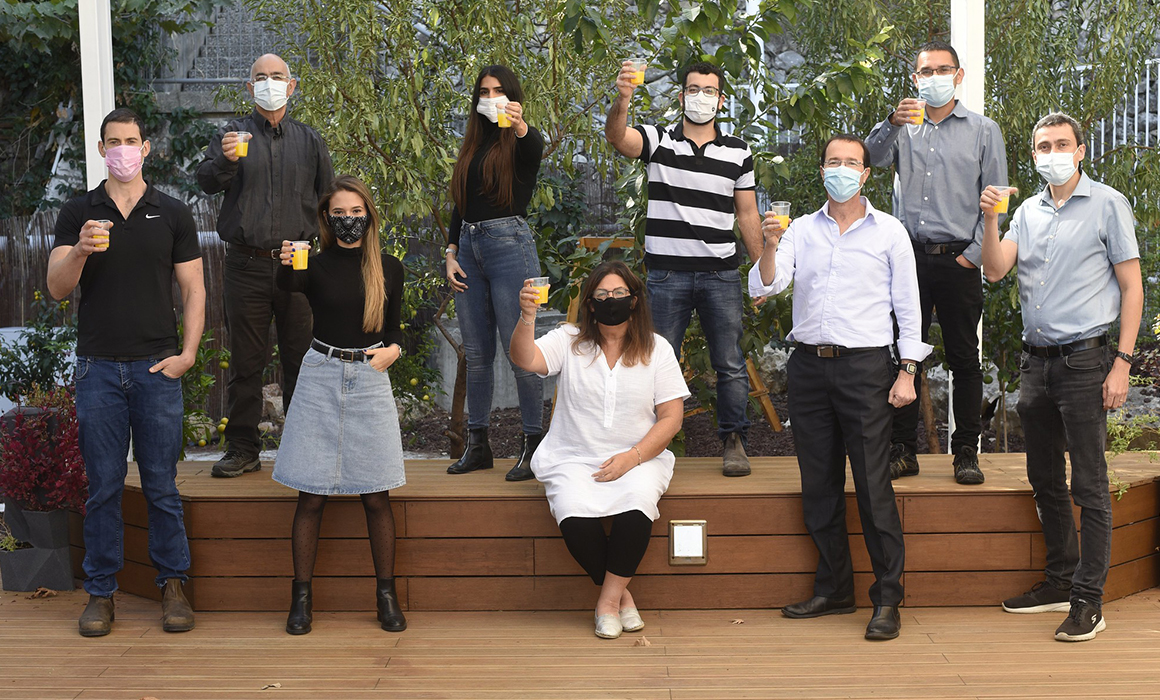The Juice Keepers:
Students Take First Prize in European Food Contest
A group of enterprising, environmentally conscious Technion students might just have solved a problem that has been vexing PepsiCo for years — preventing fruit juices from spoiling.
The juice industry loses an estimated $32 million annually as the result of a bacteria found naturally in the ground and in fruit trees that affects the quality of the juice and leads to spoilage. Pasteurization typically destroys bacteria in foods, but can’t be used with fruit juices without compromising taste and nutritional value. PepsiCo has long sought a creative solution to the problem.
Technion students from the Faculty of Biotechnology and Food Engineering as well as the Faculty of Biology took up the mission as part of the MicroBiome-Push competition conducted through an educational program of the European food consortium EIT Food. The Technion team, called the Microbes, worked with PepsiCo and Technion mentors to study the offending bacterium, ACB or Alicyclobacillus acidoterrestris.
The Microbes Team, mentors, and the dean. Front Row (from left): Itzik Engelberg; Rachel Bitton; Dean of the Faculty of Biotechnology and Food Engineering, Prof. Marcelle Machluf; Prof. Yoav Livney, Asst. Prof. Avi Shpigelman; Back Row (from left): Prof. Yechezkel Kashi; Leechen Mashiah; Alon Romano; Assoc. Prof. Uri Lesmes
“Since the problem has its origins in nature — a bacterium that lives in the soil — we looked for a natural solution,” explains team members and doctoral students Alon Romano and Itzik Engelberg. They landed on a bacteriophage, a devouring virus, that specifically attacks and destroys ACB cells. Since the solution is inexpensive and doesn’t involve genetic engineering, its application can be expedited to bring quick relief to the juice industry and reduce the need for preservatives. The addition of the virus is safe and does not affect the Jewish or Islamic dietary laws of kashrut or halal. Team Microbes won first prize.
A second Technion team also won the judges’ praise with their concept PotatALL. Tackling the question of what to do with potato peels left over from manufacturing potato chips, they developed a dip made from the peels that is served alongside chips or fries, in an eco-friendly pack similar to ketchup but also made from the peels.
International projects such as this are the very essence of the Faculty and its way of teaching future generations to think outside the box, to be entrepreneurial, and to broaden the knowledge we are able to provide in the classroom.” – Professor Marcelle Machluf, dean of the Faculty of Biotechnology and Food Engineering



